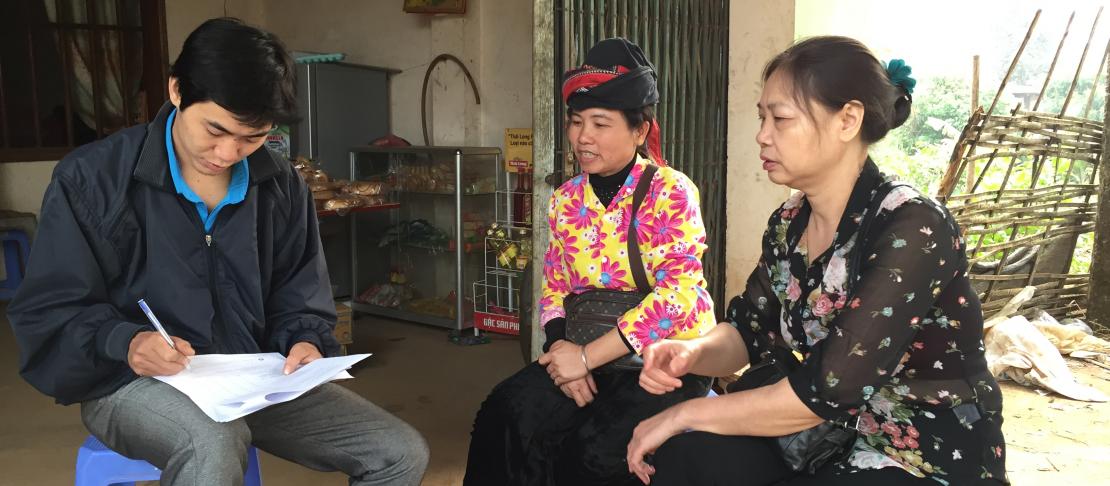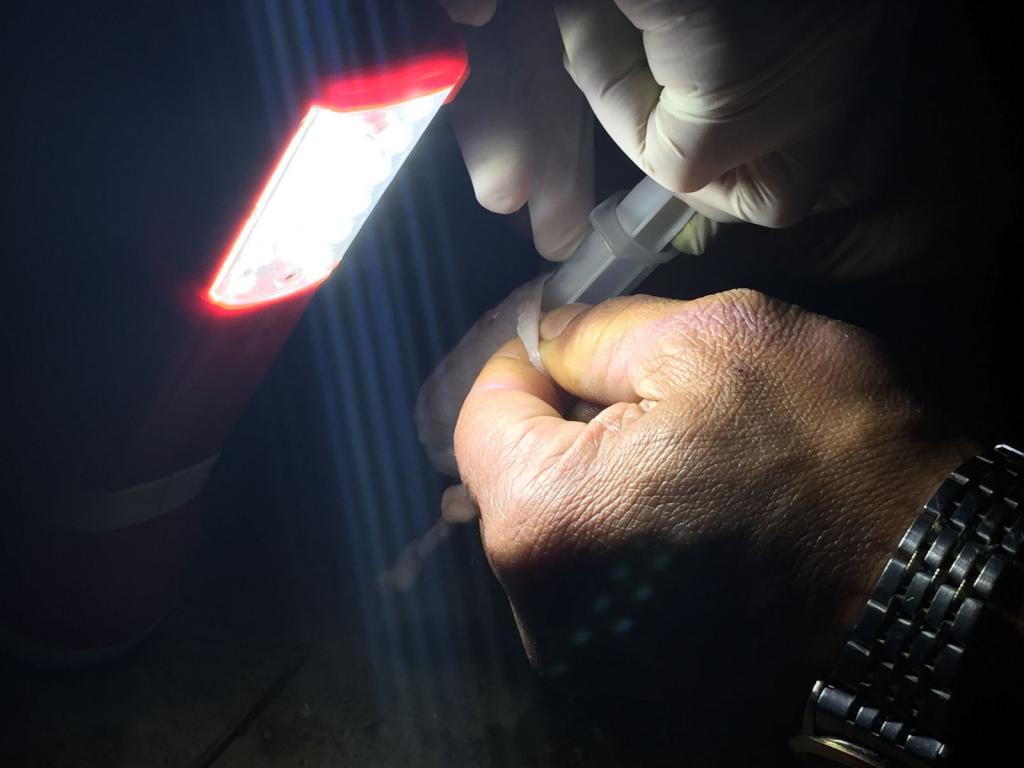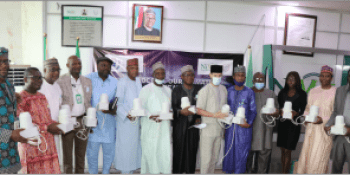One Health, many tools for forecasting climate-sensitive diseases in Vietnam

Researchers are developing tools to forecast climate-sensitive diseases in Vietnam, which would especially help marginalized groups cope with climate change.
Nobody likes getting sick. However, climate change, like higher temperatures, heavier rainfall and higher humidity, is already a given, and diseases highly sensitive to such changes would likely increase over time.
Climate change might also make the environment more suitable for diseases to spread, not only among individuals of the same species, but also across species (known as zoonotic diseases). In fact, 70% of the emerging diseases today, like ebola, A(H1N1) (‘swine flu’) and avian influenza (‘bird flu’), have been transferred from animals to humans. Such diseases threaten not only agricultural and food production, but also human lives as well.
A better understanding of how diseases are linked to climate change is needed. “We need more information on climate-sensitive zoonotic diseases to improve healthcare,” said Dr Hu Suk Lee of the International Livestock Research Institute (ILRI).
A team of researchers from ILRI and national climate, agricultural and health (human, animal and plant) institutes, is developing forecasting systems in Vietnam for three climate-sensitive zoonotic diseases, Japanese encephalitis, leptospirosis and aflatoxin-associated diseases. Titled, “Pestforecast: Surveillance and early-warning systems for climate-sensitive diseases in Vietnam”, the four-year project which started in 2015, is supported by the CGIAR Research Program on Climate Change, Agriculture and Food Security (CCAFS) in Southeast Asia.
A deeper look into the diseases
Dr Lee explains that three diseases are very sensitive to climate change as well as public health concerns agents (Japanese encephalitis is a viral disease; leptospirosis, bacterial; and aflatoxins, fungal). The diseases also have unique characteristics.
The fatality rates for Japanese encephalitis go up to 60% in humans. Pigs, comprising 70% of all livestock produced in Vietnam, are amplifying hosts – the virus multiplies in the swine, infect mosquitoes that bite the animals, and the mosquitoes pass it on to humans.
On the other hand, rainfall and flooding have been associated with leptospirosis outbreaks around the world. Many animals, including pigs, rodents, dogs, sheep, goats, horses and buffaloes can pass on the bacteria to humans. Fatality rates in humans range from 5-30%.
Finally, aflatoxins are produced by Aspergillus spp., a type of fungus that infects crops, especially maize. Crops that contain aflatoxins above a certain level (set at 2mg/kg for human consumption and 5mg/kg for animal feed by most developed countries), when processed into feeds, can pass on the toxins to animals. People who eat the crops or consume contaminated food, such as dairy products, are also at risk. Aflatoxins are responsible for around 25% of the liver cancer cases, and are associated with childhood stunting.
Dr Hung Nguyen of ILRI, however, pointed out that these three diseases are often neglected in developing countries. People are more focused on diseases, such as HIV/AIDS, with which majority of the population is familiar.
Furthermore, he said, “These diseases are linked to the poor people, farmers in rural communities, so there is the issue of social equity.” For example, poor people, who mostly rely on maize as their staple food, are more prone to contracting aflatoxins-associated diseases.
Gathering swine samples for the analysis. Pigs can pass on Japanese encephalitis and leptospirosis to humans. Photo: ILRI
One Health: The process, progress and the future
As mentioned before, researchers from different institutions and fields are working together in this project. The project promotes the One Health approach, wherein human health is seen to be interconnected to animal and environmental health, instead of a separate field of study without any bearing on the other two.
“This study is interdisciplinary. We are working with agricultural, climate, health institutions and ministries in addressing climate-sensitive zoonotic diseases… Before, people gave more importance on human health over animal health, but we have realized that animal health is connected to human health,” explained Dr Lee.
The first step for the project is conducting literature reviews, field surveys and gathering animal and plant samples from six provinces all around Vietnam. It is expected that the samples would be collected and analysed before the end of this year. Researchers would then develop maps indicating hotspots of the diseases and other tools for the real-time prediction of diseases. The team is also supervising a master student working on aflatoxins in Vietnam from the Vietnam National University of Agriculture (VNUA).
The first study on aflatoxins, and also a pilot study linking diseases and climate change in Vietnam, Pestforecast could provide tools and information for preventing the spread of diseases. A wiki will be launched, and a national workshop conducted with policymakers, farmers and other interested groups to disseminate the results. Farmers would know when to vaccinate their livestock to protect them from diseases, when to harvest and sell their produce to avoid contamination. Agricultural incomes could be maintained, and human health improved, despite climate change.
The team acknowledges more can be learned about climate-sensitive zoonotic diseases. Dr Lee is looking to expand the scope of the study, across seasons (i.e. analysing samples gathered during different seasons) and across other countries in Southeast Asia.
Read more:
- Viet, Khmer, Lao farmer leaders commit to climate-smart agriculture
- Climate change: a challenge worth turning into a global health opportunity
- Rural health posts may expand opportunities for women farmers to deal with climate risk
Visit the wiki page for Pestforecast here.
Amy Cruz is the junior communications specialist for the World Agroforestry Centre Philippines. She is also a communication consultant with the CCAFS SEA program.




